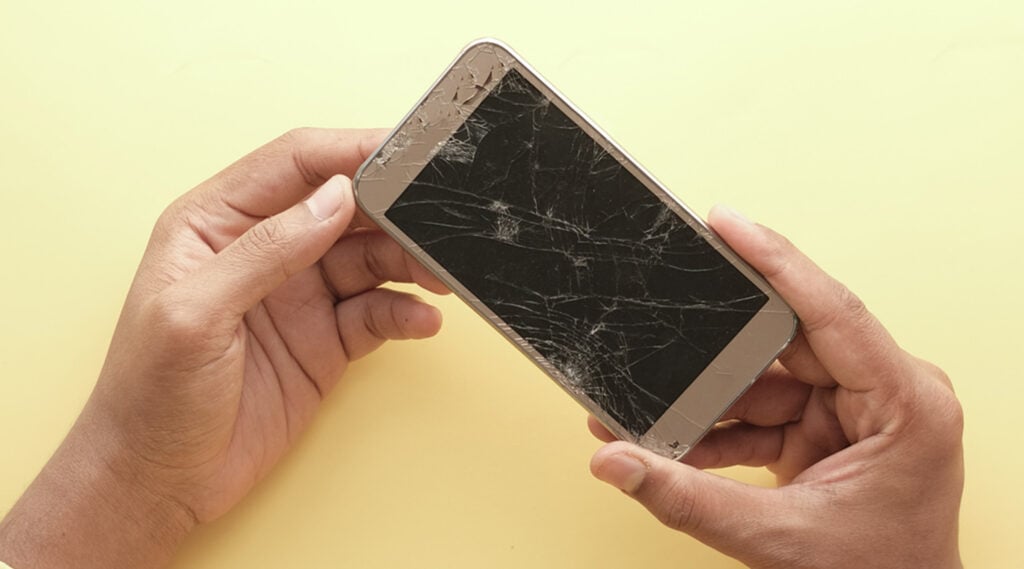The ‘right to repair’ directive was overwhelmingly approved by the European Parliament with 584 votes in favour, only 3 against, and 14 abstentions. The rules offer extended legal protection, post-warranty repair commitment, access to repair information and online platforms for repair services to European citizens.
Following formal approval by the Council and publication in the EU Official Journal, member states will have 24 months to transpose the directive into national law.
The central objectives of this directive revolve around strengthening manufacturers’ obligations to provide efficient and cost-effective repair services, thereby incentivising consumers to opt for repair over replacement.
One of the directive’s key aspects is the extension of legal protections for consumers who choose repairs under warranty. Such consumers will enjoy an additional one-year extension of legal safeguards, expected to bolster their confidence in selecting repair solutions over buying new products.
Furthermore, the directive mandates manufacturers to offer repair services for various household products beyond the warranty period. This includes a diverse range of items like washing machines, vacuum cleaners, smartphones, and more, subject to compliance with EU technical standards. The directive also leverages room for potential expansion of eligible product categories for post-warranty repair in the future.
Consumers can access detailed information regarding repair terms and services through a standardised European information form to facilitate informed decision-making. This initiative aims to empower consumers by facilitating effective comparison of repair options.

A pivotal initiative within the directive is establishing a dedicated European online platform with national sections. This platform is designed to assist consumers in locating nearby repair shops, sellers of refurbished goods, and community-led repair initiatives such as repair cafes. Such measures aim to streamline the repair process and promote a culture of sustainable consumption.
Moreover, member states must implement various initiatives to promote affordable repair solutions. These initiatives may include offering repair vouchers, conducting educational campaigns, providing repair training programs, and supporting community-led repair spaces. These efforts aim to enhance the accessibility and affordability of repair services across the EU.
This directive aligns with the EU’s broader sustainability objectives, as articulated by the Conference on the Future of Europe. It complements existing EU regulations on Ecodesign and initiatives to empower consumers to make environmentally conscious choices.
This legislative milestone is anticipated to yield significant environmental benefits, including CO2 emissions, resource consumption, and waste generation reductions. Additionally, the directive is expected to stimulate economic growth and investment within the EU, contributing to a more sustainable and resilient economy in the future.
“Consumers’ right to repair products will now become a reality. Repairing will be easier and cheaper than purchasing new, expensive items. This is a significant achievement for Parliament and its commitment to empowering consumers in the fight against climate change. The new legislation extends legal guarantees by 12 months when opting for repair, gives better access to spare parts and ensures easier, cheaper and faster repair,” said Rene Repasi, a member of the European Parliament.
Several nations and states have recently enacted the Right to Repair legislation. In October 2023, California Governor Gavin Newsom officially signed the Right to Repair Act, also known as SB 244, into law.
In the News: Adobe introduces five AI tools in the Photoshop desktop beta appIn the News:






